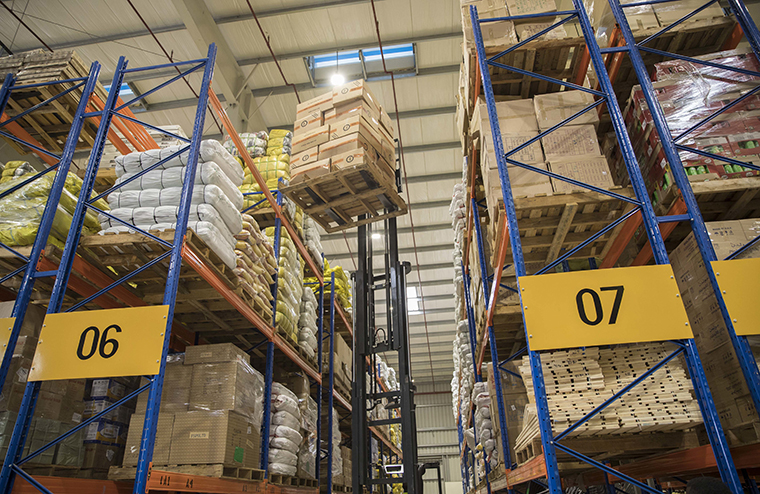Business Executives to meet in Kigali

Executives of businesses operating in Rwanda will gather in Kigali on 31
October 2019 for an in-depth discussion about how they can lead their companies
to solve social problems while driving profits.
Research has shown that businesses focusing on economic growth and social
purpose can outperform competitors. The meeting, titled “Shared Value in
Africa: join the conversation”, will enable business leaders to share insights
on effective ways to drive the adoption of Shared Value, a business model that
enables business to create economic value and value for society.
The event is co-hosted by the Shared Value Africa Initiative (SVAI), the
Pan-African business network that is the regional partner of the global Shared
Value Initiative.The Rwanda Convention Bureau (RCB) and the
Private Sector Federation (PSF) are also co-hosting the event.
“Shared Value thinking – the ability to see the business opportunity
in driving the creation of a better world through the achievement of the UN
Sustainable Development Goals – is key to Africa becoming the
economic powerhouse of the twenty-first century,” says SVAI CEO Tiekie Barnard.
“Creating Shared Value is a choice that leadership make to increase their
competitiveness, grow their organisations and use their strategies to address
social issues.”
Delegates will learn from the successes of Water Access Rwanda and KCB Group,
whose leaders have driven succeful Shared Value strategies. To close the
event, a panel discussion will feature Christelle Kwizera, CEO of Water Access
Rwanda; Jane Mwangi, Managing Director of KCB Foundation; John Bee, Regional
Head of Regulatory and Scientific Affairs at Nestlé; and Tiekie Barnard, CEO of
SVAI. The discussion will be chaired by Makeda Mahadeo, CNBC Africa Anchor.
The aim is for all delegates at the event to learn to identify business
opportunities solving social and environmental problems. Shared Value, the
particularly powerful business management strategy identified by Michael Porter
and Mark Kramer of Harvard University, is assisting companies worldwide to
follow this route.
Using this approach, a company starts by identifying a key social or
environmental issue to focus on that is in line with their business operations,
finding a possible solution and collaborating with partner, planning the
relevant business activities involved, and modelling anticipated business and
social benefits relative to projected costs.
“Rwanda has taught many countries in the rest of the world that it is possible
to achieve one of the highest rates of economic growth globally, while also
making significant improvement in social conditions of its people,” says
Barnard. “Rwanda’s rate of economic growth has averaged 8% since 2001,
according to the World Bank. In social terms, poverty rates have fallen while
healthcare has improved. It is important to discuss how businesses can
contribute to building on this success.”

